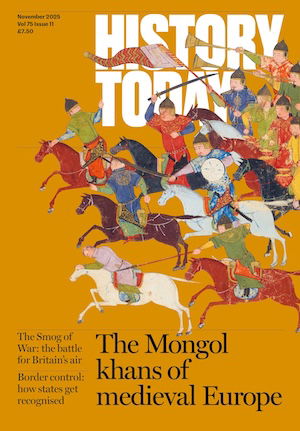Commerce and Confucianism: The Merchants of Huizhou
Michael Dillon looks at the little-known and less appreciated activities of a trader class that provided a solid base for the prosperity the Ming and Qing Chinese empires.
In a remote, mountainous area of China, to the south of the Yangzi river, live the descendants of a remarkable group of people who played a key role in the development of the Chinese economy 400 years ago. Today, the people of southern Anhui province are mostly farmers, often tilling poor and hilly land, but in the sixteenth and seventeenth centuries, their forefathers were the merchants of Huizhou, famous the length and breadth of China for their commercial acumen and integrity. In spite of their contribution to the wealth and economic growth of Ming (1368-1644) and Qing (1644-1911) China, their role was never fully acknowledged by the official historians of imperial China. It is only in the last twenty or thirty years that historians in the People's Republic of China and Japan have begun to put together their remarkable story.





